1. Switchboard Operators
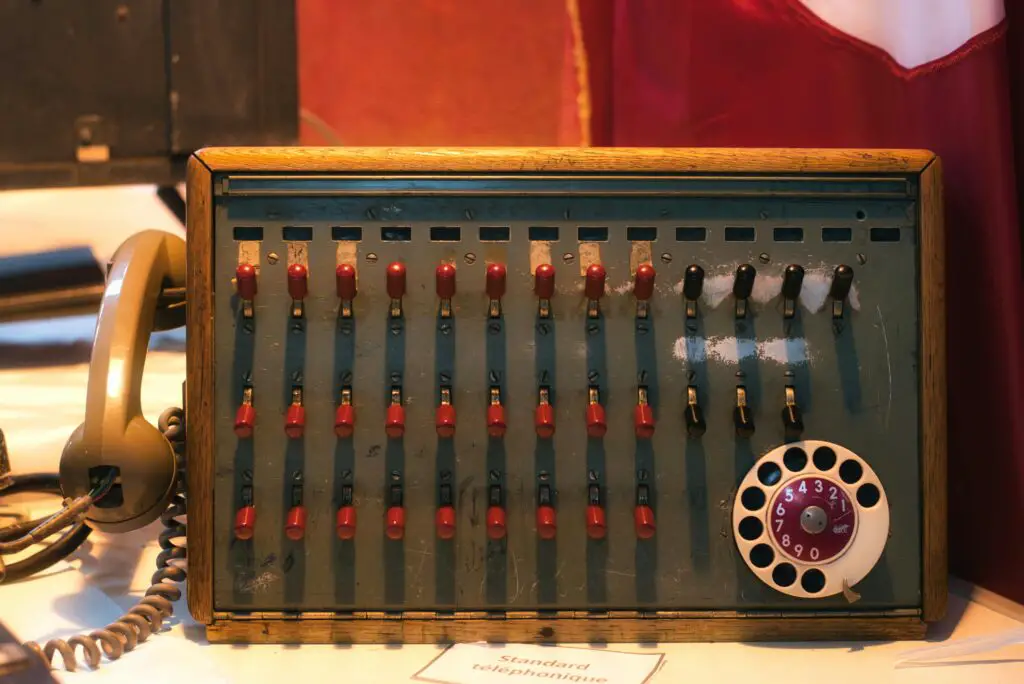
Switchboard operators were once the lifeline of telephone communication. They sat at large panels, plugging in and connecting calls manually for households and businesses alike. Their voices were often the first thing you heard when picking up the phone.
It was a job that demanded patience, speed, and politeness. Many communities knew their local operators by name, making them trusted figures. Today, the idea of a person physically connecting your phone call feels like science fiction.
2. Milkman
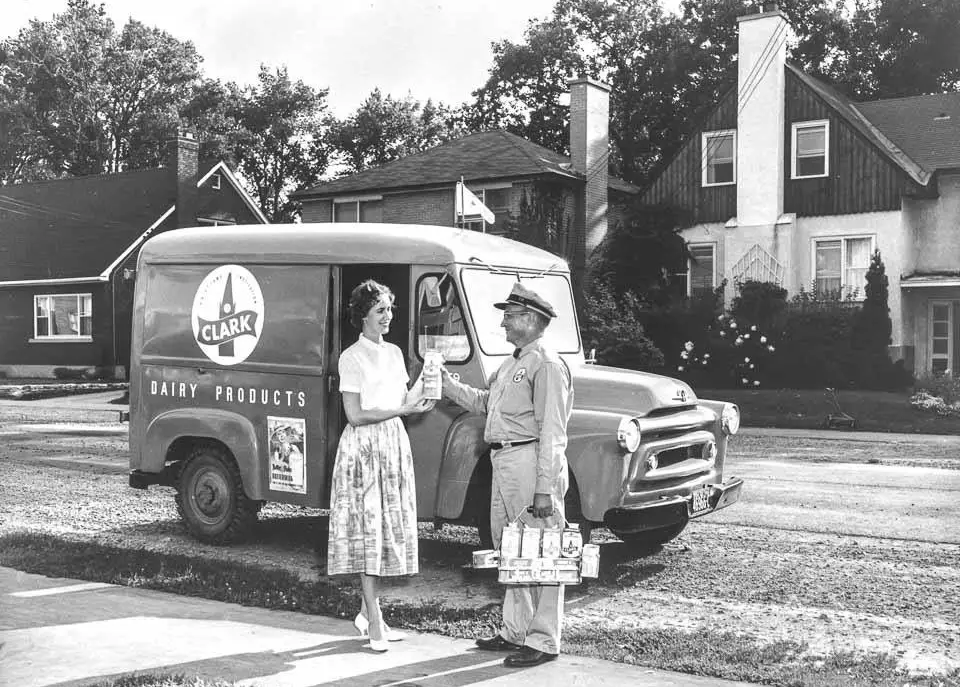
The milkman was a fixture of morning life, delivering bottles right to your doorstep. Families left empty glass bottles outside to be swapped with fresh ones. The familiar clink of glass was as much a wake-up call as the alarm clock.
It wasn’t just milk—some also delivered butter, eggs, or cream. The milkman was often part of the neighborhood’s daily rhythm. Now, grocery store aisles have replaced the cheerful doorstep delivery.
3. Elevator Operator
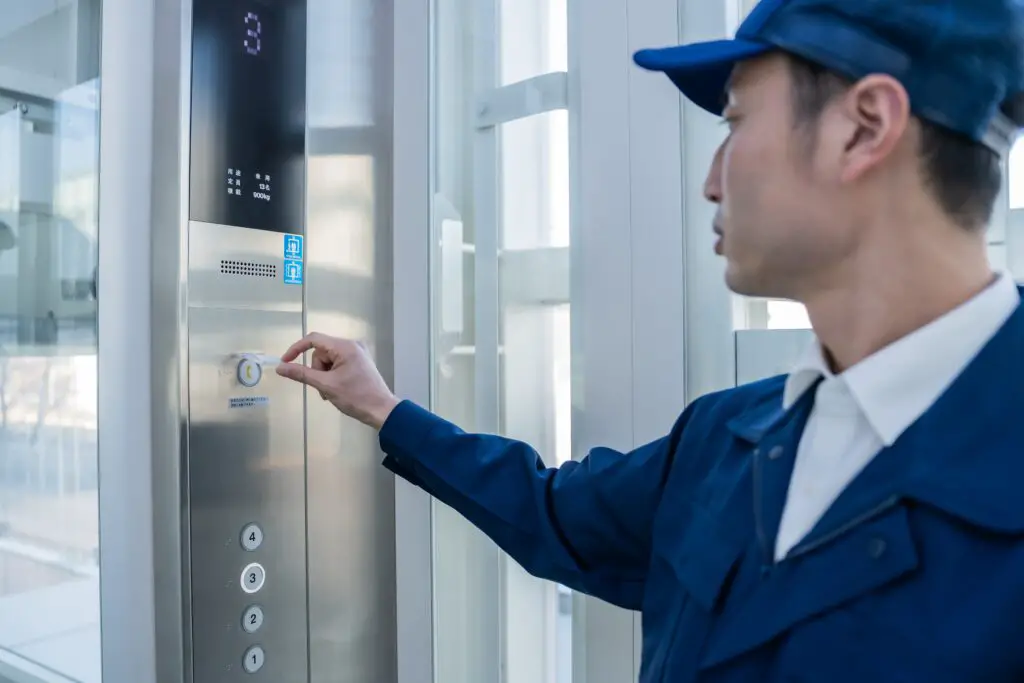
Before elevators became self-service, operators controlled them with a lever, stopping at each floor with precision. They greeted riders, chatted with regulars, and often wore uniforms that gave the role an air of importance. In big-city department stores, the operator was practically part of the shopping experience.
Riders trusted their skill, especially in tall office buildings. Kids sometimes marveled at the smooth control of the ride. Today, automated buttons have erased the need for the job entirely.
4. Iceman
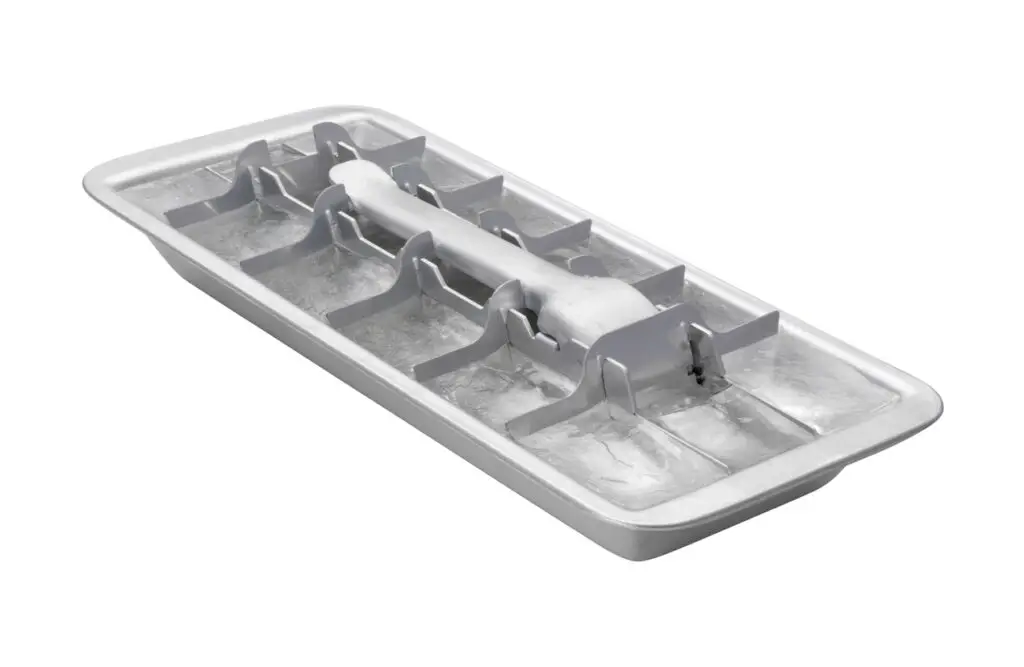
Before refrigerators became standard, families relied on iceboxes to keep food cool. The iceman delivered large blocks of ice, often carried on his back with heavy tongs. It was grueling work, but absolutely essential.
Children would sometimes sneak chips of ice as a treat on hot days. The iceman was as regular a visitor as the mailman. Once electric refrigerators spread, the job melted into history.
5. Typist Pool Workers
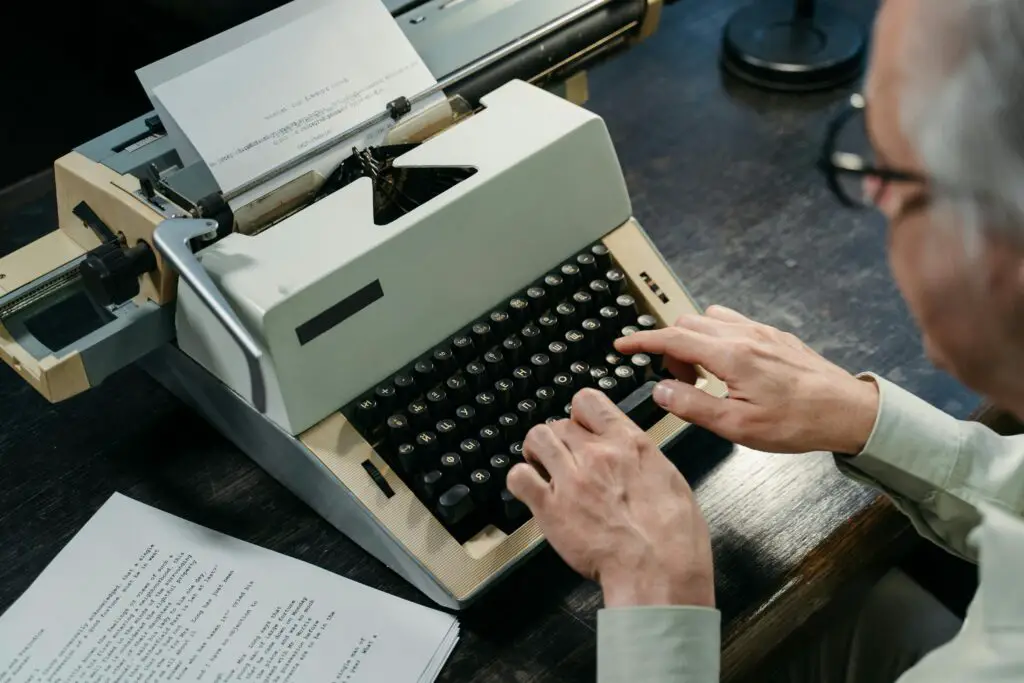
Offices in the mid-20th century often employed entire rooms of typists. They pounded away at typewriters, producing letters, memos, and reports by the stack. Accuracy and speed were everything.
For many women, it was one of the first professional office jobs available. The hum of typewriters filled the air like a mechanical chorus. Computers made the pool vanish, leaving the image as a time capsule.
6. Shoe Shiners
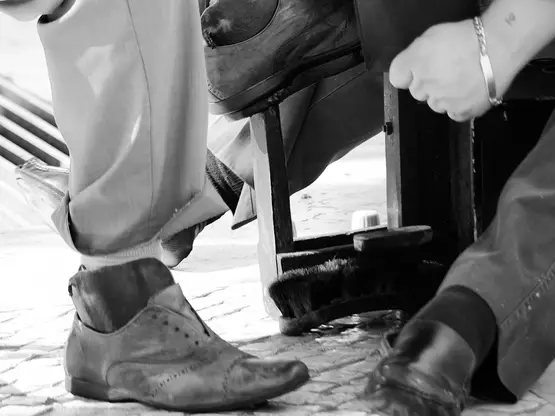
Downtown corners and train stations once had shoe shine stands where men lined up to get their shoes polished. A shine kept leather looking sharp and was considered part of professional life. The job was as much about conversation as polish.
Shiners worked with skill and flair, snapping cloths and brushing shoes to a gleam. Many regulars came daily, considering it part of their routine. Now, it’s rare to see anyone getting shoes shined outside of airports.
7. Bowling Pinsetters
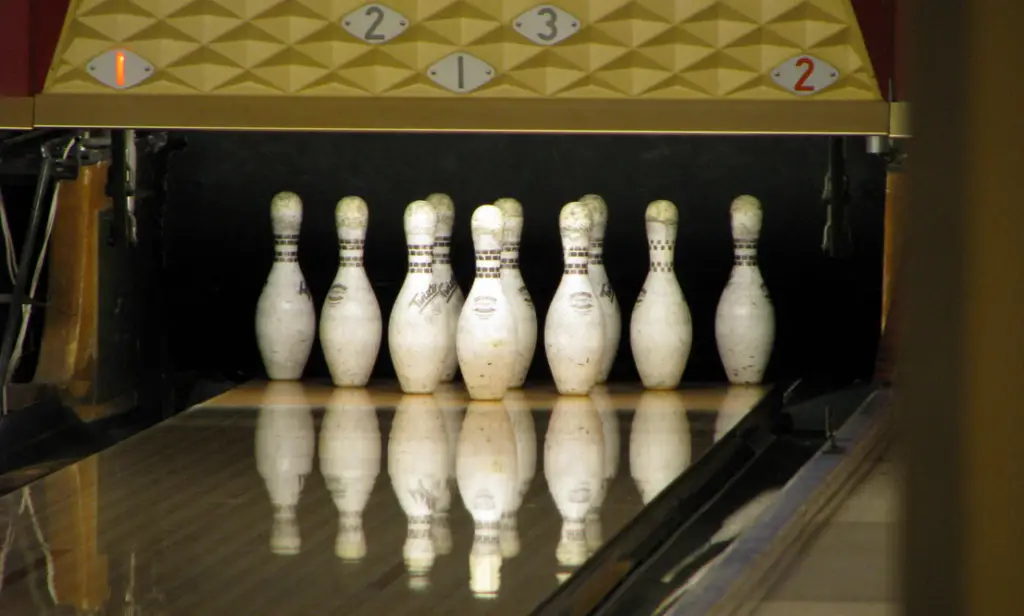
Before machines took over, kids and teens worked as human pinsetters in bowling alleys. After each throw, they reset the pins by hand and rolled the ball back down the lane. It was loud, messy work, often done in smoky alleys.
Many teenagers earned their first pocket money this way. The job demanded quick reflexes to avoid stray balls. Automatic machines ended the practice, but the stories live on.
8. Newspaper Delivery Boys

Long before early-morning delivery trucks, newspapers arrived thanks to neighborhood kids on bikes. They woke up before school, tossing rolled papers onto porches with practiced aim. In many ways, it was a rite of passage.
Rain or shine, they showed up daily, sometimes collecting payment door-to-door. Families knew their paperboy well, often tipping them at the holidays. Today, delivery is automated and impersonal, making the old paper route seem almost quaint.
9. Gas Station Attendants

Gas stations once offered full service, with attendants who pumped gas, washed windshields, and checked oil levels. Customers never had to leave their car. The attendant’s uniform and cheerful greeting were part of the experience.
Kids loved watching the process, fascinated by the ritual of checking under the hood. For many drivers, it felt like a touch of luxury. Now, outside of a few states, self-service has taken over completely.
10. Lamplighters

Before electric streetlights, lamplighters made their rounds at dusk with long poles. They lit the gas lamps that lined city streets, bringing neighborhoods out of the dark. At dawn, they returned to extinguish them.
Their work marked the rhythm of the day, almost like a human clock. Children would watch in fascination as the lamps glowed one by one. Electric bulbs erased the role, but the image remains romantic.
11. Soda Jerks
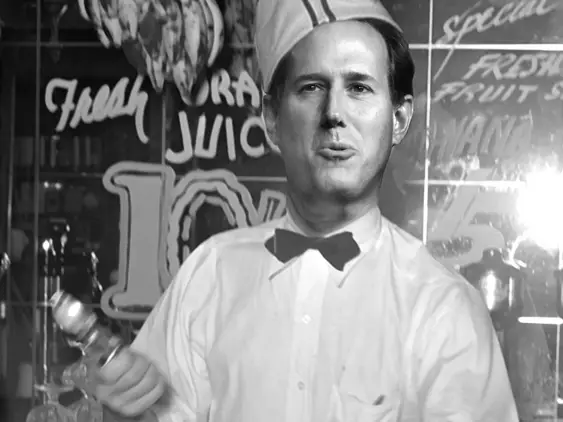
Every town had a soda fountain, and every fountain had a soda jerk. They mixed ice cream sodas, malts, and sundaes with flair, sliding them across the counter with a smile. Their jaunty paper hats became part of the look.
For teenagers, the soda fountain was a social hub, and the jerk was its ringleader. They memorized favorites and kept the conversation light. Fast food eventually replaced them, but the nostalgia never faded.
12. Movie Projectionists

In the heyday of theaters, projectionists worked behind the glass booth, threading reels of film with precision. They controlled focus, sound, and timing, ensuring audiences got a seamless show. Few people ever saw them, but their role was critical.
It was a technical craft that required skill and patience. A single mistake meant a jumpy picture or broken film strip. Digital projection has replaced the job, but the magic of film reels is still fondly remembered.
13. Keypunch Operators
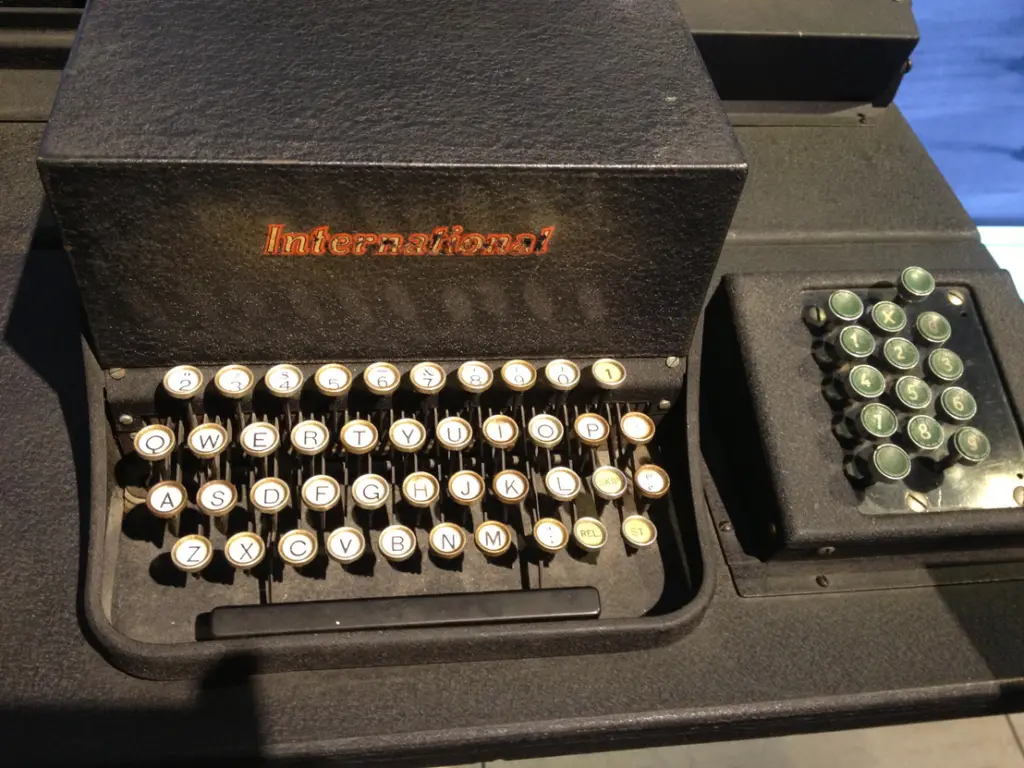
Before personal computers, businesses stored information on punch cards. Keypunch operators sat at large machines, typing in data that translated into holes on cards. These stacks of cards ran everything from payroll to research.
It was a detail-heavy job, requiring accuracy above all else. Offices employed entire teams of operators to handle the load. Once computers advanced, the keypunch machine was obsolete.
14. Encyclopedia Salesmen

Door-to-door encyclopedia salesmen were once a common sight, lugging sample volumes to demonstrate. They promised families a world of knowledge at their fingertips. Many households proudly displayed a full set.
Parents considered it an investment in their children’s education. The salesmen built relationships in neighborhoods, often returning year after year. The internet ended the need, making the once-essential role vanish almost overnight.
